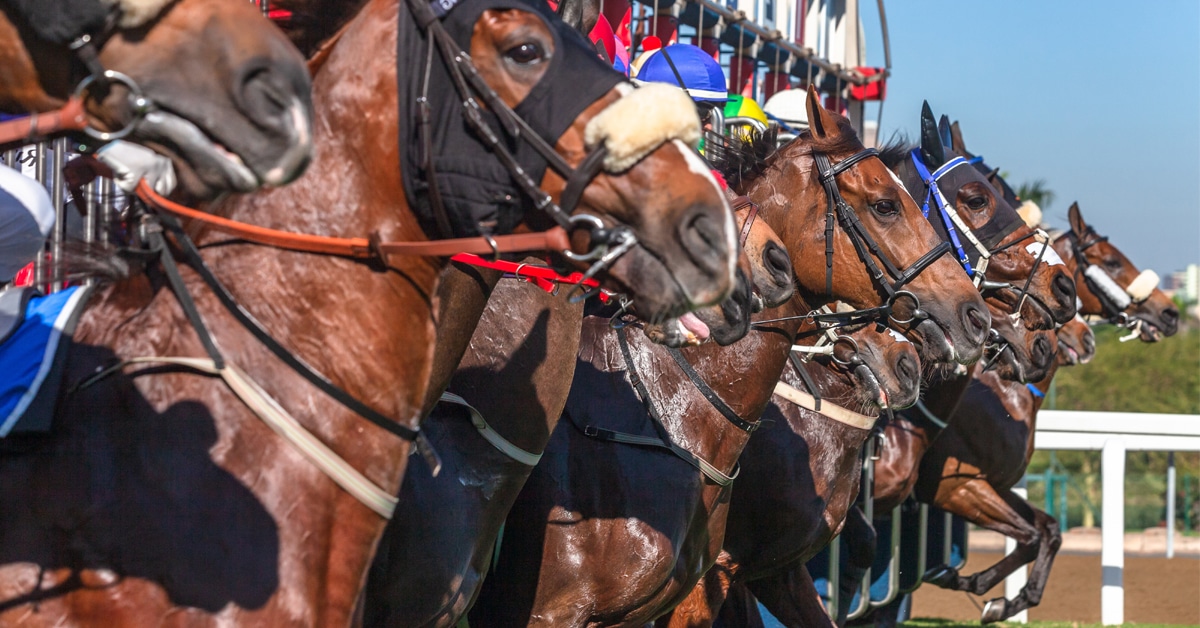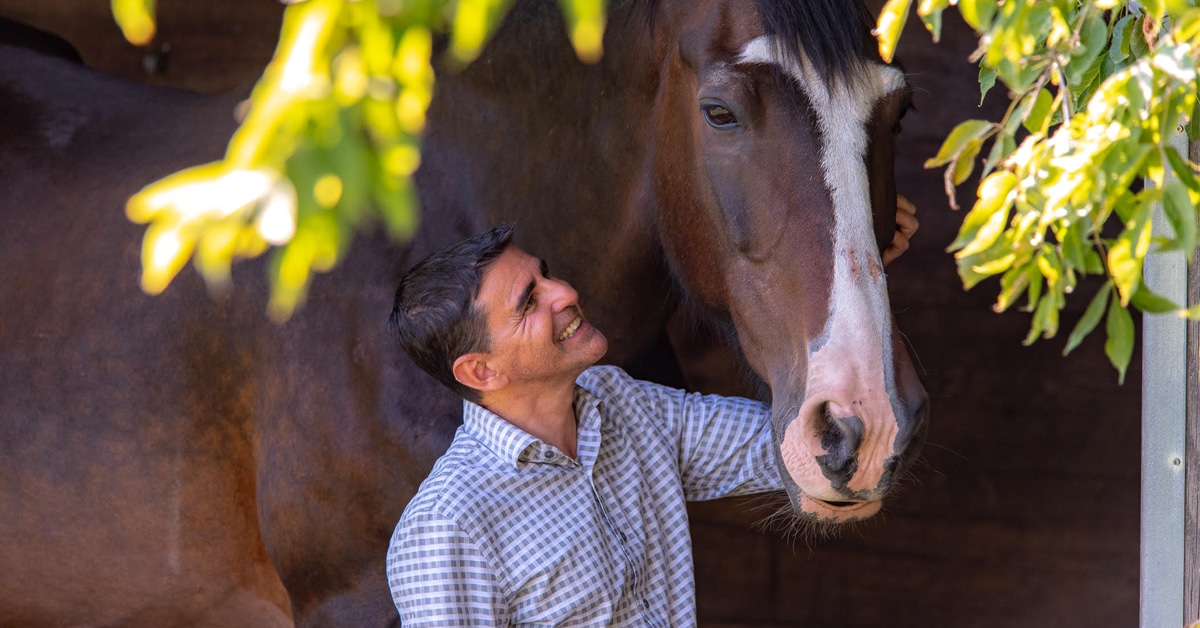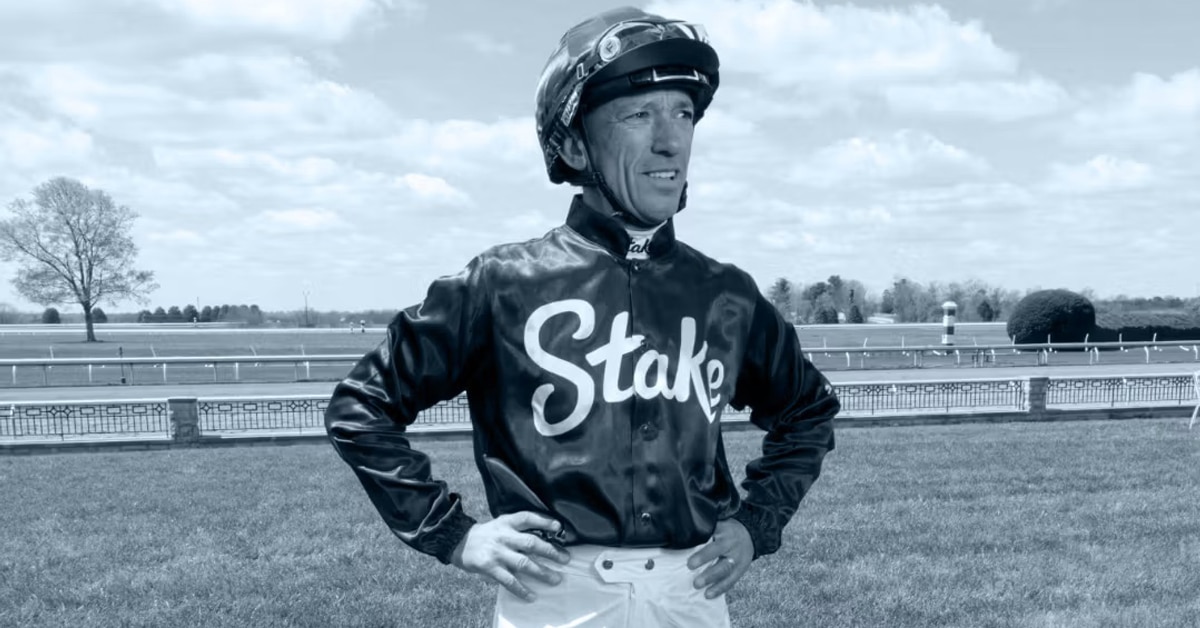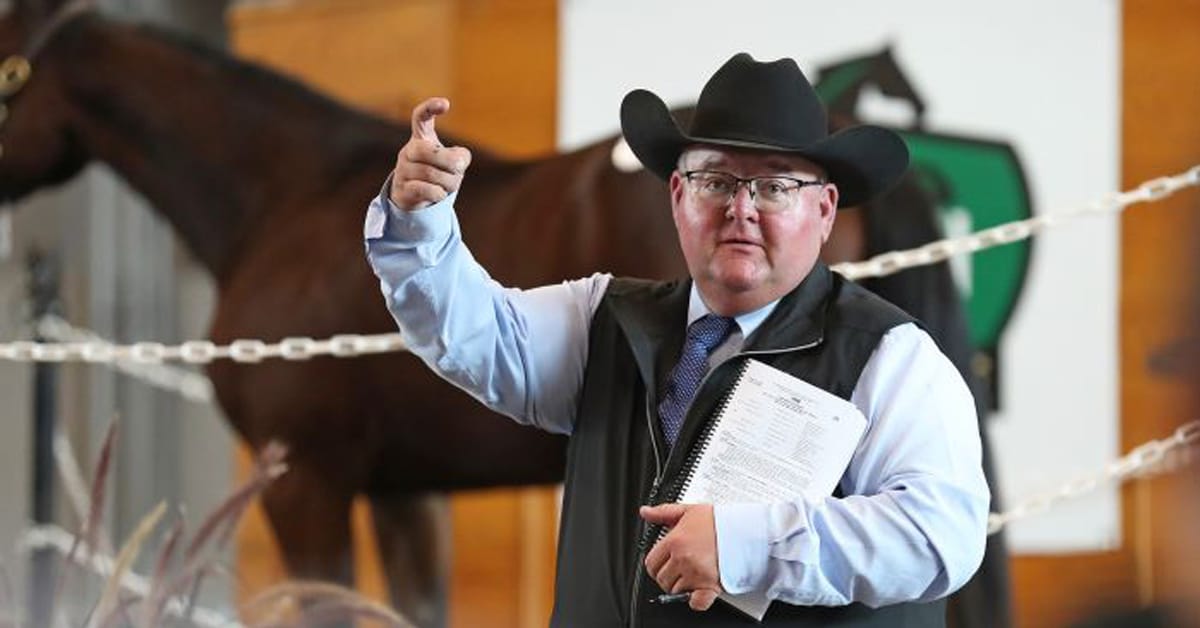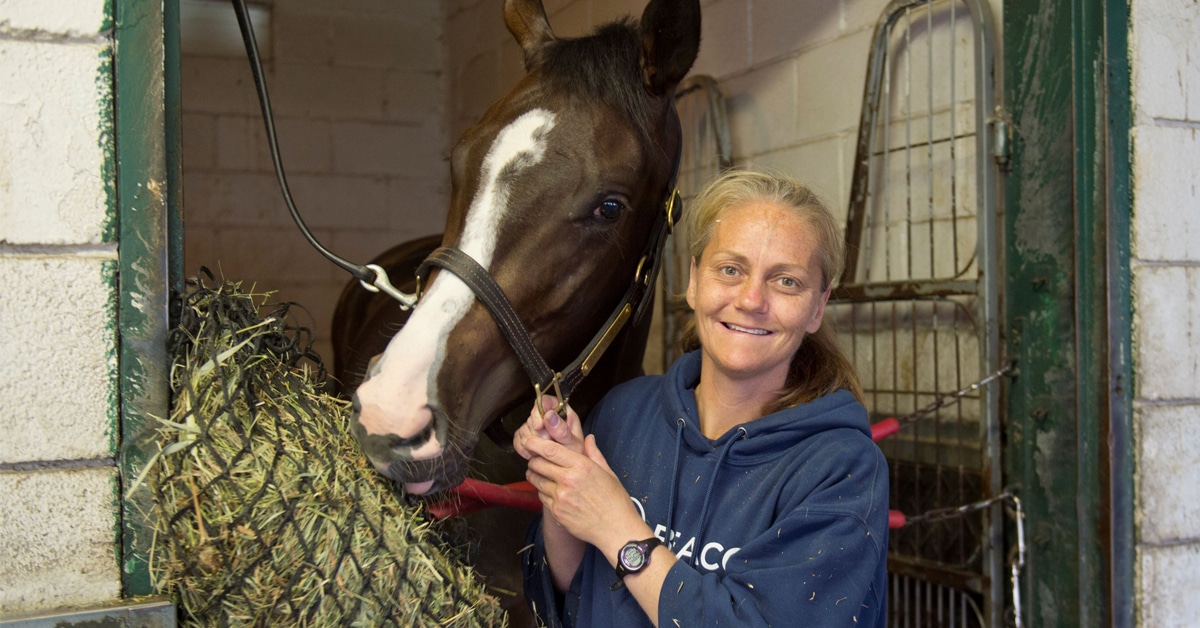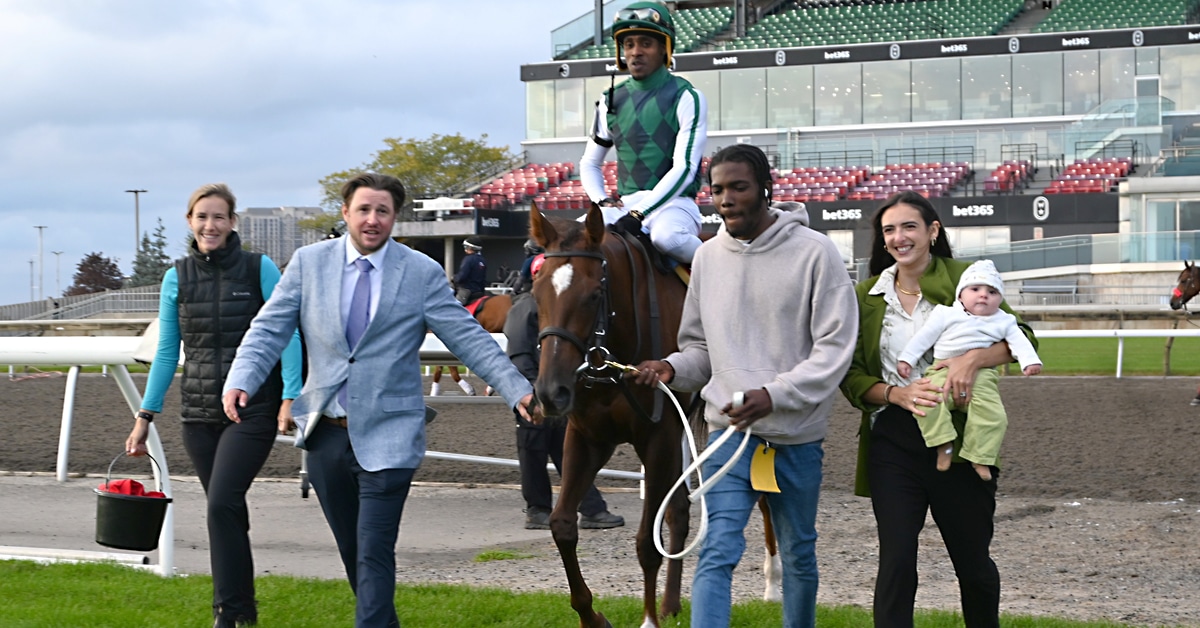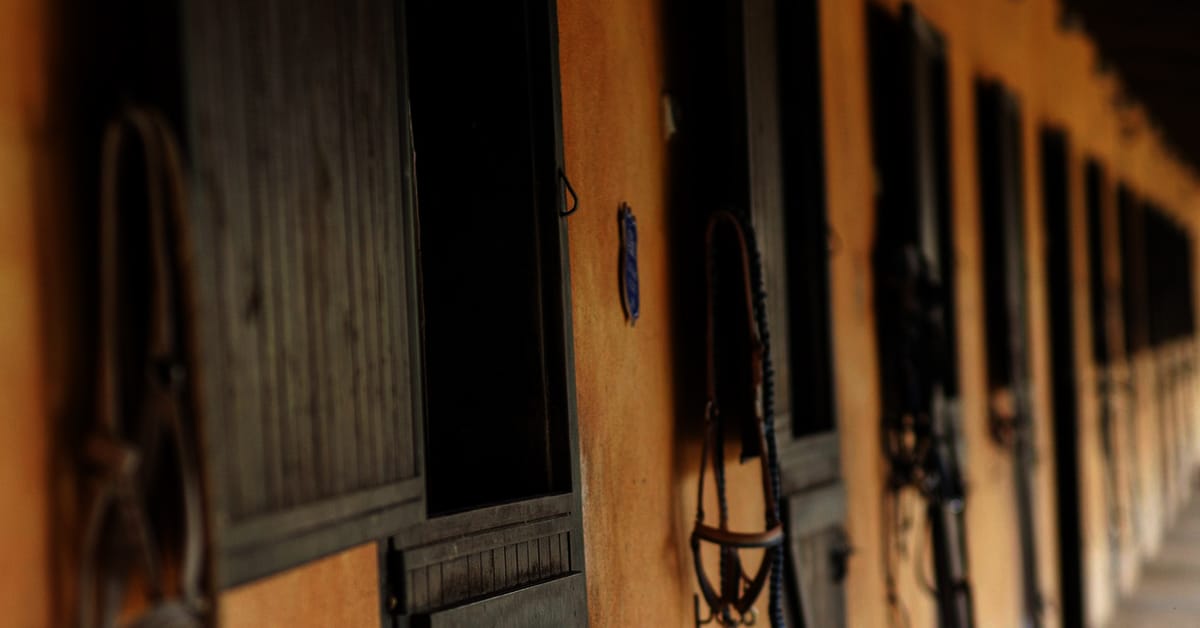Like the riders they represent, jockey agents are extremely competitive and are always trying to get their clients on the best horses on the grounds at their respective racetracks. Agents are responsible for booking mounts for the riders they represent, along with coordinating morning workouts, and the role could also include performing duties away from the track as required.
Neal Wilson became a jockey agent at Woodbine Racetrack in 1999. Wilson had been around the track for a number of years, and also had been involved with owning horses, before taking a position in the jockey’s room as the assistant clerk of scales. Eventually, jockey Emile Ramsammy asked Wilson if he would like to become his agent.
“I was with all of the jockeys every day in the afternoon and Emile had just got back from California,” Wilson recalled. “He had started off a little slow and was looking for somebody new to take his book. He offered it to me so I left the room and gave it a shot. I’m glad I’ve made that change.”
Over his years in the business, Wilson has represented Ramsammy, Neil Poznansky, Anthony Stephen, Jack Lauzon, Julia Brimo and Ray Sabourin, among others.
Currently, Wilson has the book of one of Woodbine’s top riders, Jesse Campbell, and until recently, he had also represented Justin Stein. Wilson said it can be a challenge trying to ensure that two top riders remain happy, as they’re both competing for the top mounts at the track.
“That’s the tough part,” he said. “They both want to be the top guy. There’s a lot of back and forth.”
Despite the challenge of trying to keep both riders happy, Wilson said he prefers representing two riders at a time in order to help avoid conflicts with trainers when multiple horses a jockey normally rides are entered in the same race.
“I like to have two riders,” he said. “If you have two good riders, you can save a lot more mounts. Say Jesse has three good horses he rides and they’re all going in the same race and you have another rider. That rider can ride another one of those horses to kind of hold that horse for the other guy, or that guy can keep riding. Either way, it benefits me.”
Wilson says that no two days are ever the same for jockey agents. Agents will typically start their days by ensuring all morning workouts that have been booked are moving forward as scheduled. From there, Wilson said he likes to follow up with trainers that his riders raced for the previous day, while also keeping on the lookout for new opportunities.
“You’re consistently going through barn to barn trying to do everything at once,” he said. “We’re like stock traders. You never know what’s going to be happening five minutes down the road. It’s never the same day back-to-back. You’re always hustling around.”
Anthony Esposito has been representing jockeys for 27 years. Esposito said he got into thoroughbred racing while attending York University when a friend took him to the track for the first time. From there, Esposito made his way on to the backstretch, working in barns during his summer break.
“I walked hots for one summer and I was fascinated by the whole dynamic of being an agent,” he said. “I was an owner and started interacting with riders, and through that, one rider asked me if I would be interested in doing this job. When he explained the job description to me, I thought it was amazing. All I have to do is buy a pen and talk.”
While the job may have appeared simple then, Esposito said advances in technology have changed the role of a jockey agent considerably.
“From when I started to now, it’s 100 per cent a different job,” he said. “The advent of computers and the internet changed the industry so much in every aspect. There’s so much data available now. We can break down a race pretty quickly and figure out the top two horses you want to ride in that race.”
Wilson adds that while the Internet is another tool in the jockey agent’s toolbox, every agent has access to the same information, and what sets agents apart is the ability to anticipate what races certain horses might be pointing to next.
“The guys you’re competing against have the same tools,” he said. “It used to be the guy that did all his homework was ahead of the game and now there’s shortcuts so to speak. But with those shortcuts, you still have to do a lot of work. You still have to know where guys are going. You have to know different trainers and how they space their races.”
For Esposito, “doing your homework” means keeping tabs not only on the horses, but on the other jockeys at the track as well.
“I’m looking to see if there’s going to be a (riding) conflict or if I feel the trainer is ready to make a change to a different jockey, which happens quite often,” he said. “Or if I think the horse is moving to a race where it can win. That’s my big thing. I like horses on the drop or horses moving to races that it can win. I make my own charts for conditions. I know who’s live in every condition and I constantly move them up and down.”
When trying to find mounts for a jockey, relationships with trainers are important, and Esposito said he likes to approach trainers when he knows opportunities are available.
“The old adage is don’t go to a barn and ask a trainer to put me on one,” he said. “It’s more about doing your homework prior to approaching a trainer and seeing the opportunity and taking advantage of that. I like to ask for particular horses rather than if I can do anything for a trainer.”
And when it comes time to sell a trainer on the fact that his jockey is the right rider for the job, Esposito relies on the relationships he’s built with those trainers, along with the track records of the jockeys he represents.
“I have a good rapport with most trainers back there and they know what I’m suggesting,” he said. “They know that they’re running a horse in a live race, and I have two capable jockeys that can handle the horse.”
In some cases, jockeys will end up working with the horses in the morning before getting on them for races in the afternoon. Esposito said jockey agents spend more time arranging workouts than they do arranging mounts for upcoming races.
“You spend a lot more of your time arranging workers than you do working on calls,” he said. “You know that you worked a horse last Sunday so you’re probably going to work back again this Sunday. You can almost tell by when they’re running when they’re going to work. If you’re going to pick up a new horse, you’ll probably find out the day before that you’re working it the next day.”
Esposito has represented a number of riders over the years including Jerry Baird, James McKnight, and Rui Pimentel, along with Brimo and Sabourin. Esposito also recently took the book of Justin Stein, and has brought foreign riders to Woodbine as well, including Luis Contreras and Alan Garcia.
“As an agent it’s a 24-hour job,” Esposito said. “You’re dealing with insurance. When you’re dealing with foreign riders, you’re dealing with immigration and lawyers. When you get people here you need to help get them set up. Beyond that you’re always trying your best to make them feel comfortable and take any stress off of them outside of racing. If I can deal with it and they don’t need to deal with it, it’s better that I do it.”
Ron Burke gave up a successful training career to become a jockey agent in 2004. Originally from Barbados where he was a leading trainer, Burke moved to Canada in 1991. He served as an assistant trainer for John Cirillo before moving to Alberta to train on his own until returning to Woodbine in 1997.
During the 2004 season, a casual conversation with veteran jockey Richard Dos Ramos led to Burke becoming his agent.
“I had some good success as a trainer but then I got to the point where I started to get a little bit tired and I thought if I was starting to not be able to give 100 per cent as a trainer, I didn’t think I should carry on with the position,” he said. “Richard and I were just joking really, and I said to him I was going to become an agent. He said to me, ‘if you’re serious, my agent and I are probably going to part ways pretty soon.’ I took Richard in October and from then I was his agent right up until he retired two years go.”
Along with Dos Ramos, Burke has represented apprentice jockey Catherine O’Brien, and now books mounts for David Moran and Steven Bahen.
While Moran is typically in the top five among Woodbine jockeys for number of starters, Bahen’s business this season hasn’t been as strong. Burke said the veteran rider’s current situation reminds him of where Dos Ramos was in the latter stages of his career.
“It’s funny how it goes, but here’s a guy that’s won the Queen’s Plate, he’s won two Woodbine Oaks, and he’s won the Breeders’ Stakes,” Burke said. “He’s won major races and it’s not like he woke up one morning and forgot how to ride. What happens is there’s younger riders in here now and guys start to go with the flow. The younger riders are doing well so if they win a couple of races, the natural way to go is that way.”
A lack of business could be frustrating for a jockey that needs mounts and good results on race day to generate momentum, but Burke said both Bahen and Moran work hard and keep positive attitudes during the down periods.
“It’s a game where it’s not about what did you do for me yesterday, it’s about what are you going to do for me today,” Burke said. “Steve is well aware of that and that’s why he stays in a positive frame of mind. We work hard because one day we’ll find a horse that’s a diamond in the rough and it’ll make your year. I am in a very fortunate position. I have two very hard working riders.”
Although jockey agents are competitive with each other, Burke says all Woodbine jockey agents are respectful of one another, even in situations when one agent takes a horse from another.
“It is a competitive situation but at the end of the day we’re all agents and when we leave here, nobody’s angry with one another,” he said. “If another agent gets a horse from me or I get a horse from them, that’s the game and everybody accepts it like that. We’re a competitive bunch but when we leave the draw after it’s over, everybody walks away laughing and joking.”
Wilson likened these situations to the jockeys themselves, where riders all have to go back to the same room to prepare for the next race. And like when a jockey might have an issue with another after an on-track incident, Wilson said conflicts between agents get resolved quickly.
“We all have a mutual respect for each other,” he said. “You’re responsible to your riders first. It’s kind of like the jocks. They resolve it quickly and then you move on to the next race. We’re the same way. If a guy gets beat for a horse, that means he did a good job to get that horse. You can’t get too mad at a guy. You just hope that maybe next week, I’ll get one off him.”
The Latest
